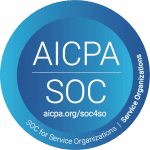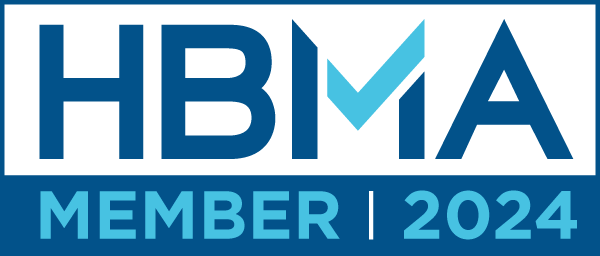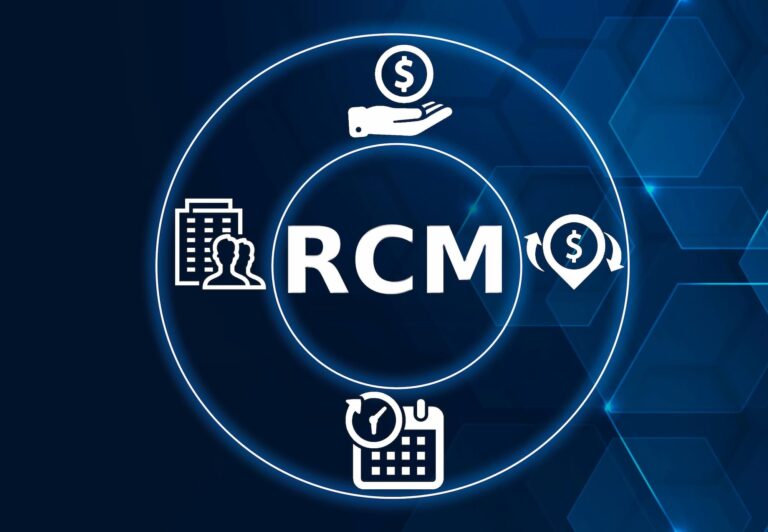More Than Software: How Medical Revenue Cycle Management Systems Enhance Organizational Knowledge
Organizational knowledge refers to the collective knowledge and expertise that is possessed by an organization. It includes explicit knowledge that is documented and codified, as well as tacit knowledge that is held by employees and is difficult to articulate or transfer. Organizational knowledge is a valuable resource that can contribute to an organization’s success by providing a foundation for innovation, decision-making, and problem-solving.
One way that organizational knowledge contributes to success is by enabling innovation. When an organization has a deep understanding of its products, processes, and customers, it is better equipped to identify opportunities for innovation and to develop new and improved products and services. Organizational knowledge provides a basis for informed decision-making.
Revenue cycle management software can enhance organizational knowledge by providing real-time analytics, insights, and tools to optimize virtually every aspect of a medical organization. By leveraging these capabilities, together with streamlining and automating various processes, healthcare organizations can improve revenue cycle performance, increase operational efficiency, and ultimately improve patient care.
“Healthcare organizations must leverage organizational knowledge to streamline operations, reduce errors, and enhance patient outcomes.”
Health IT Outcomes, 2021
Reducing Coding Errors
Coding errors in healthcare can be costly, both financially and in terms of patient care. When codes are inaccurate or non-compliant with industry standards, healthcare providers risk claim denials, audit failures, and even legal action. These errors can also result in delayed or denied care for patients, which can lead to negative health outcomes.
In addition to aiding organizational knowledge, Revenue Cycle Management (RCM) software can help reduce coding errors and compliance issues by providing real-time analytics, automated coding validation, clinical documentation improvement, integrated coding guidelines, and ongoing training and education for coders.
RCM software provides insights into key revenue cycle metrics, such as claim denial rates, reimbursement rates, and coding accuracy rates. By leveraging these insights, healthcare organizations can identify areas for improvement and take proactive measures to address coding errors and issues.
Real-time analytics: RCM software can produce real-time analytics on coding accuracy rates, allowing coders to identify trends and patterns in coding errors and take corrective actions to improve accuracy. This can be particularly helpful in identifying areas where additional training or support may be needed.
Automated coding validation: RCM software can automatically validate codes to ensure that they are accurate and compliant with industry standards, reducing the risk of errors and compliance issues. Errors are corrected before they produce denials or other compliance issues.
Clinical documentation improvement: Give your staff tools for clinical documentation improvement (CDI), improving billing accuracy by ensuring that the documentation supports the codes selected. CDI helps coders ensure documentation is complete and accurate, which can reduce the risk of coding errors.
Integrated coding guidelines: Integrate coding guidelines and best practices, providing coders with the resources needed for accurate and compliant coding. Coders are more likely to adhere to industry standards with reduced errors or compliance issues.
Ongoing training and education: Provide ongoing training and education for staff to ensure that they are up-to-date on coding standards, industry trends, and best practices. Staff members build the knowledge and skills needed to accurately capture and bill for services.
Assuring Organizational Compliance
Compliance is another critical aspect of revenue cycle management, as healthcare organizations must comply with a variety of regulations related to billing, coding, and data security. RCM software can help ensure compliance by automating and streamlining various revenue cycle processes.
Identifying and addressing coding errors: RCM software can help identify coding errors that may result in compliance violations, such as up-coding or unbundling of services. The software can automatically flag potential errors and prompt coders to review and correct the codes as needed.
Ensuring timely and accurate claims submission: RCM software can help ensure that claims are submitted accurately and on time, which is critical for compliance with payer regulations. The software can automatically validate patient eligibility, check for coding errors, and submit claims electronically to payers, helping to minimize the risk of rejected or denied claims.
Managing prior authorizations: RCM software can help manage prior authorizations, which are often required for certain medical procedures or services. The software can track prior authorization requirements and ensure that the appropriate documentation is in place before services are rendered.
Supporting compliance reporting: RCM software reports on key revenue cycle metrics, such as claim denial rates or days in accounts receivable. This can help healthcare organizations identify areas for improvement and proactively address compliance issues.
Ensuring data security and privacy: RCM software helps ensure compliance with data security and privacy regulations, such as HIPAA, by implementing appropriate security controls and providing audit trails for all revenue cycle transactions.
Creating Positive Patient Experience
The goal of improving patient experience is to ensure that patients feel valued, respected, and well-cared for throughout their healthcare journey. Positive patient experiences can result in improved patient outcomes, greater patient satisfaction and engagement, and increased loyalty to healthcare providers and systems. Conversely, negative patient experiences can lead to decreased patient trust, poor patient outcomes, and reduced healthcare utilization.
RCM software such as PhyGeneSys contributes to a positive patient experience by streamlining and optimizing the billing and payment process, formatting clear and accurate billing statements, and prompt payment processing. Technology can also make payment options more accessible to patients, providing online payment portals, payment plans, and other options that make it easier for patients to pay their bills.
You’ll also be able to improve communication with patients by ensuring accurate and timely billing information, providing patient-friendly billing statements, and offering financial counseling services to help patients navigate their healthcare costs. Overall, by reducing the financial stress and confusion associated with healthcare costs, it can help improve the patient experience and enhance patient satisfaction.
In summary, RCM software such as PhyGeneSys is essential for healthcare organizations to ensure a positive patient experience, reduce errors and compliance issues, and improve the overall efficiency and effectiveness of their operations.
By investing in organizational knowledge and leveraging technology solutions like PhyGeneSys, healthcare organizations can improve their RCM processes and enhance the overall quality of care they provide to their patients.
For additional information on PhyGeneSys and PHIMED, call 800-909-7240 or email info@phimed.com.









